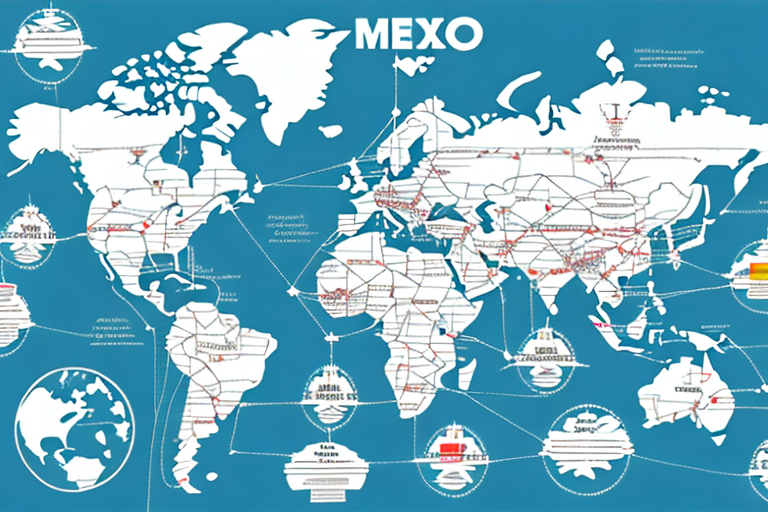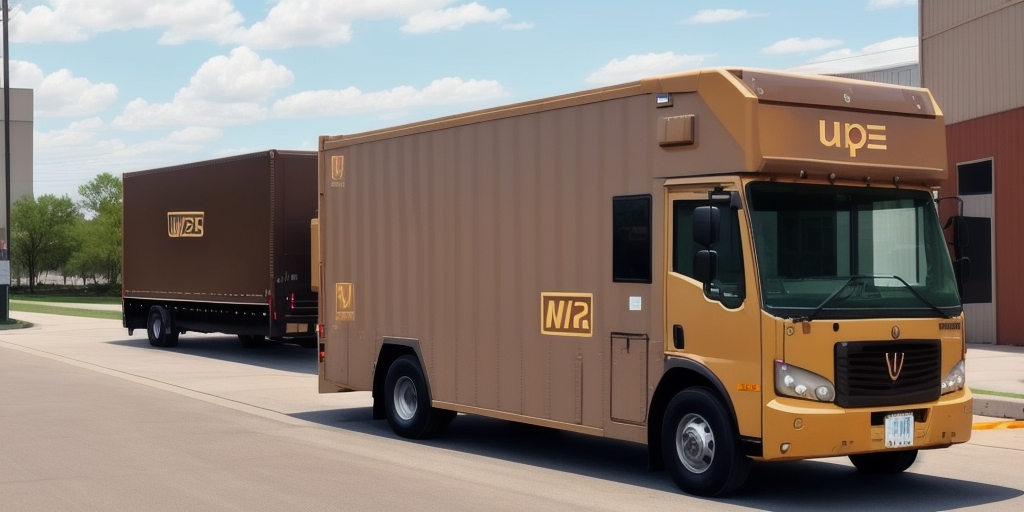Introduction to International Shipping
As businesses grow, expanding into international markets becomes a strategic move to increase their customer base and revenue. However, shipping products overseas introduces a multitude of challenges, including complex logistics, varying customs regulations, and the need for efficient supply chain management. To navigate these complexities, many businesses turn to freight forwarders to handle their international shipments.
What are Freight Forwarders?
Freight forwarders are specialized companies that arrange and coordinate the movement of goods from one location to another on behalf of shippers. They leverage their expertise and global networks to manage the entire shipping process, ensuring that products reach their international destinations efficiently and cost-effectively.
Benefits of Using Freight Forwarders
1. Expertise in International Shipping
Freight forwarders possess extensive knowledge of international shipping protocols, including navigating complex customs regulations and handling the necessary documentation. Their expertise helps businesses avoid costly delays and ensure compliance with global trade laws.
2. Extensive Global Networks
With established relationships with carriers, customs brokers, and other service providers worldwide, freight forwarders can negotiate favorable rates and identify the most efficient shipping routes. This expansive network often leads to reduced shipping costs and improved delivery times.
3. Convenience and Time Savings
Managing international shipments involves coordinating multiple aspects, from paperwork to transportation. Freight forwarders streamline this process by handling all logistics, allowing businesses to focus on their core operations without being bogged down by shipping complexities.
4. Access to Valuable Resources
Freight forwarders often provide additional services such as warehousing, cargo insurance, and inventory management. These resources can be invaluable for businesses seeking to optimize their supply chain and mitigate potential risks associated with international shipping.
Potential Drawbacks of Freight Forwarders
1. Additional Costs
While freight forwarders offer numerous services, their expertise comes at a cost. Fees for their services can add up, particularly for smaller shipments. It's essential for businesses to weigh these costs against the potential benefits to determine if a freight forwarder is a cost-effective solution for their shipping needs.
2. Reduced Control Over Shipments
Delegating the shipping process to a third party means that businesses may have less direct oversight of their shipments. This can result in uncertainties regarding delivery schedules and tracking, potentially impacting inventory management and customer satisfaction.
3. Liability and Risk Concerns
In some cases, freight forwarders may not assume full liability for goods that are damaged or lost during transit. It's crucial for businesses to thoroughly review and understand the terms and conditions of their freight forwarder's contracts to ensure adequate protection against potential losses.
Cost Considerations When Choosing a Freight Forwarder
Understanding the cost structure of freight forwarding services is vital for making informed decisions. Common costs associated with freight forwarding include service fees, transportation charges, customs clearance fees, and insurance premiums. Businesses should request detailed quotes and compare offerings from multiple freight forwarders to identify the most cost-effective partner for their shipping requirements.
According to the Statista report on global shipping trade, the value of the international shipping industry continues to grow, highlighting the increasing importance of efficient logistics management for businesses worldwide.
Control and Liability Issues in Freight Forwarding
When engaging a freight forwarder, it's essential for businesses to understand the level of control they maintain over their shipments. Factors such as the ability to track shipments in real-time, flexibility in routing decisions, and responsiveness to unforeseen issues play a significant role in the overall shipping experience.
Additionally, evaluating the liability policies of freight forwarders is crucial. Ensuring that goods are adequately insured and that liability clauses protect the business in the event of loss or damage is a fundamental aspect of the partnership between a business and its freight forwarder.
Conclusion
Utilizing a freight forwarder can significantly streamline the international shipping process, offering expertise, extensive networks, and valuable resources that can benefit businesses of all sizes. However, it's important to carefully consider the associated costs, potential loss of control, and liability implications. By thoroughly evaluating the pros and cons, businesses can make informed decisions that align with their shipping needs and overall strategic objectives.








